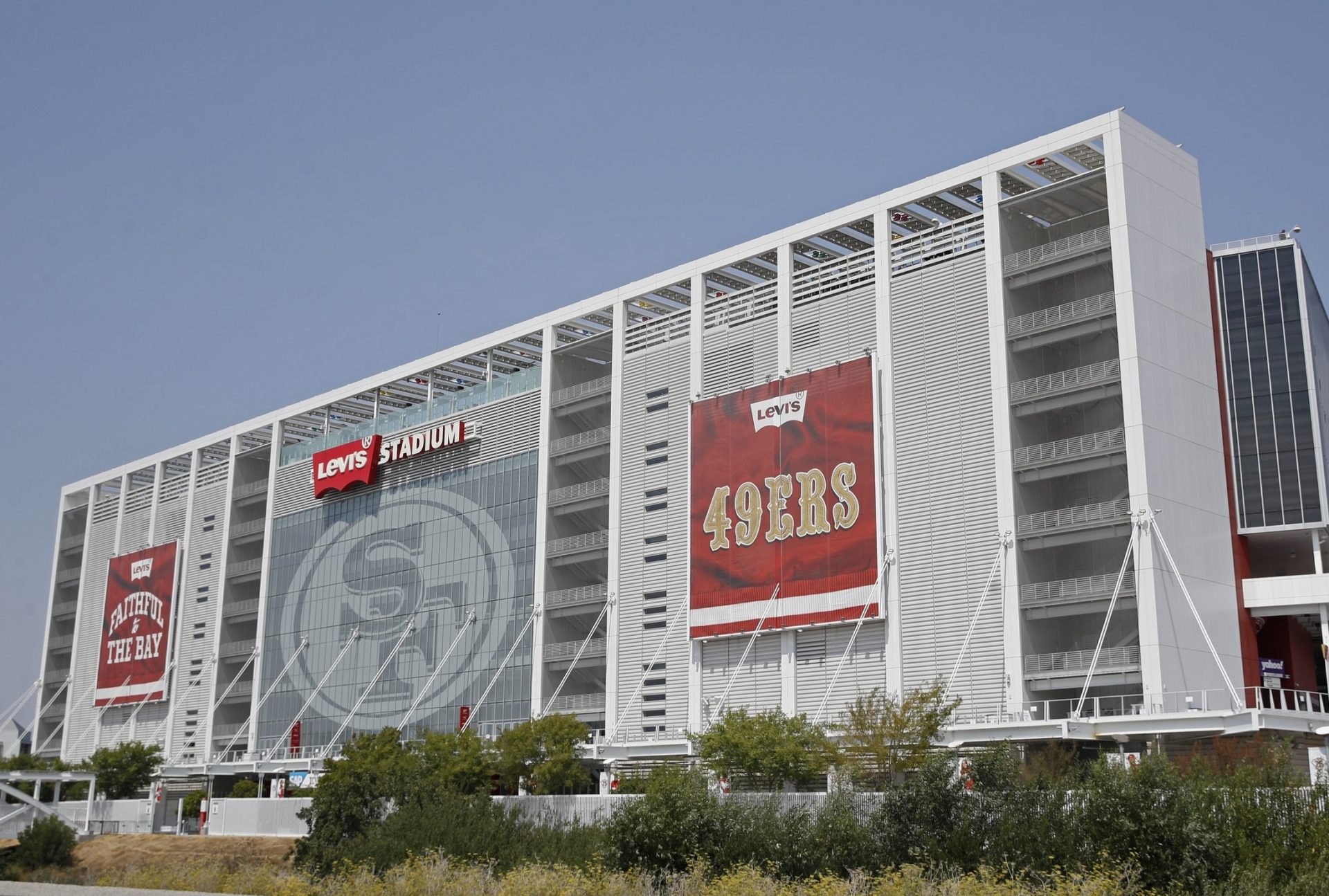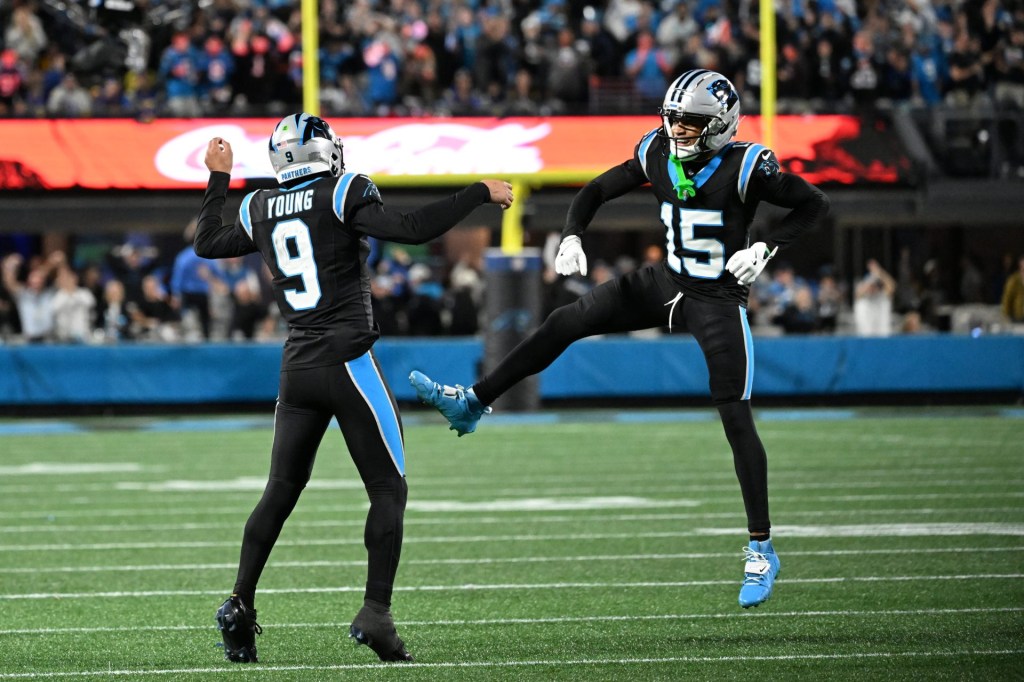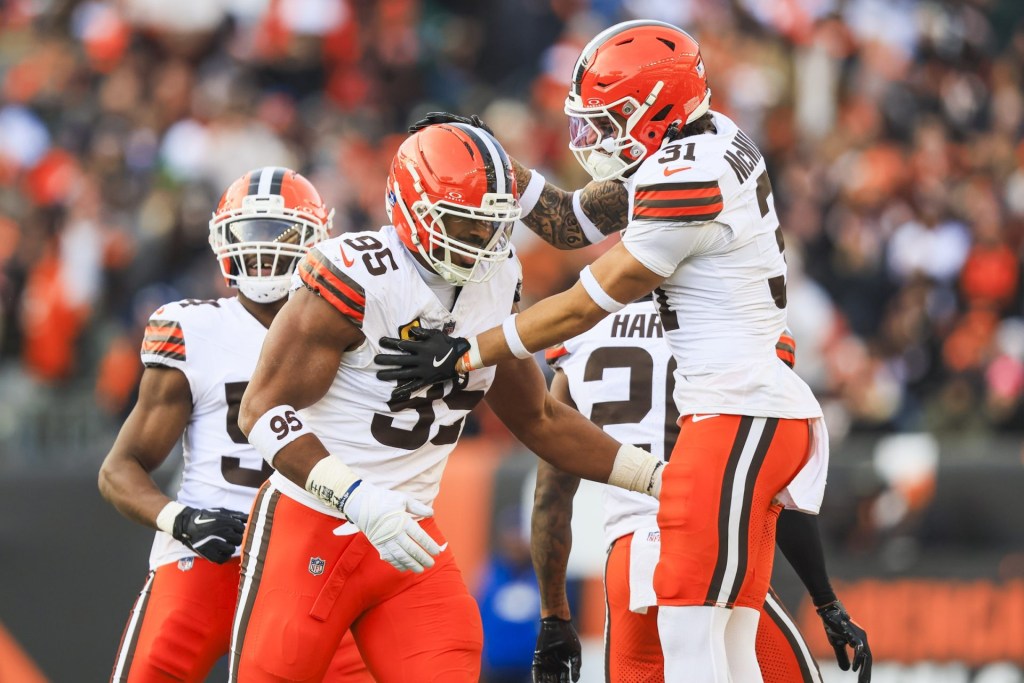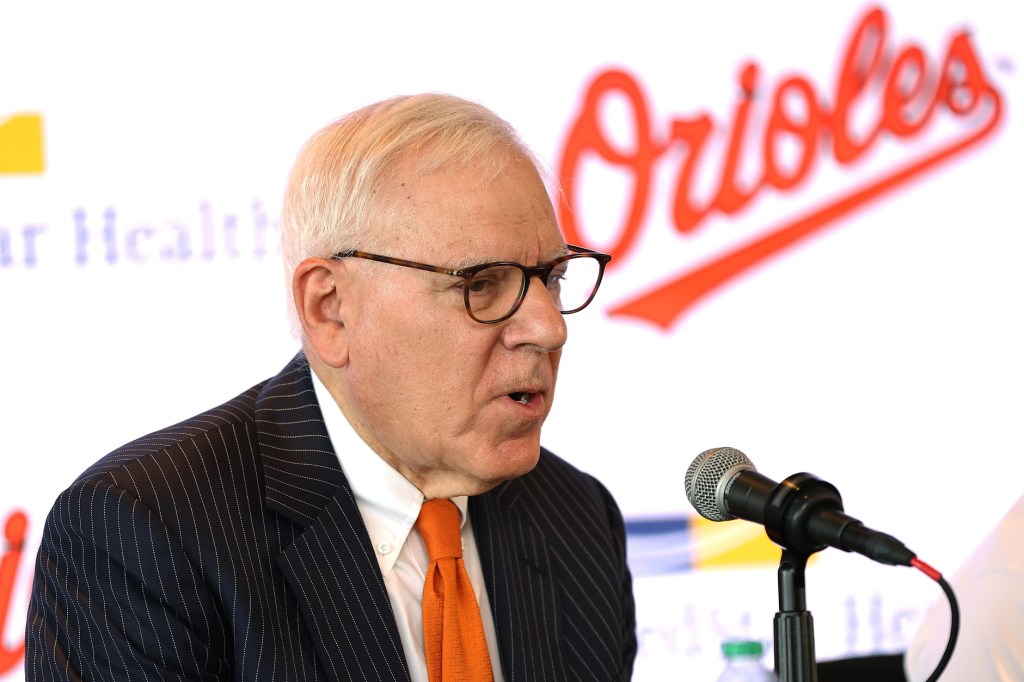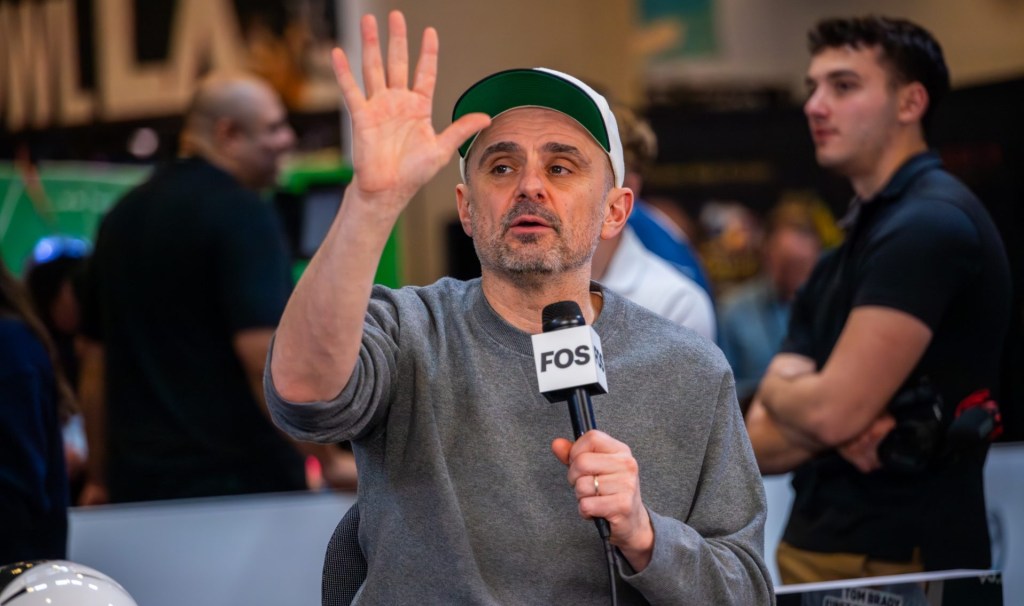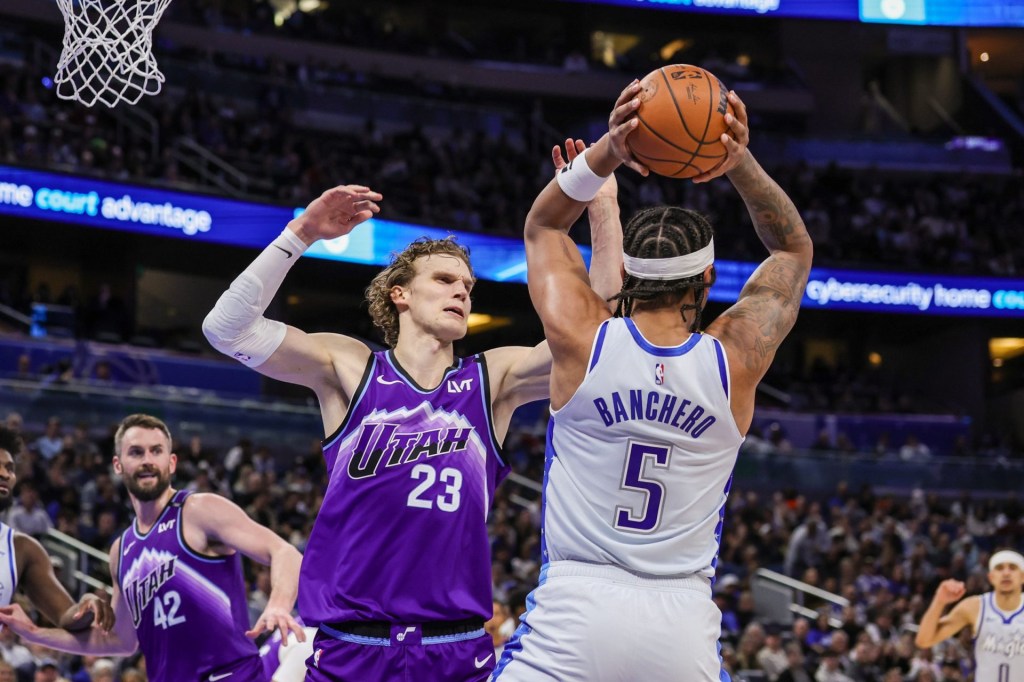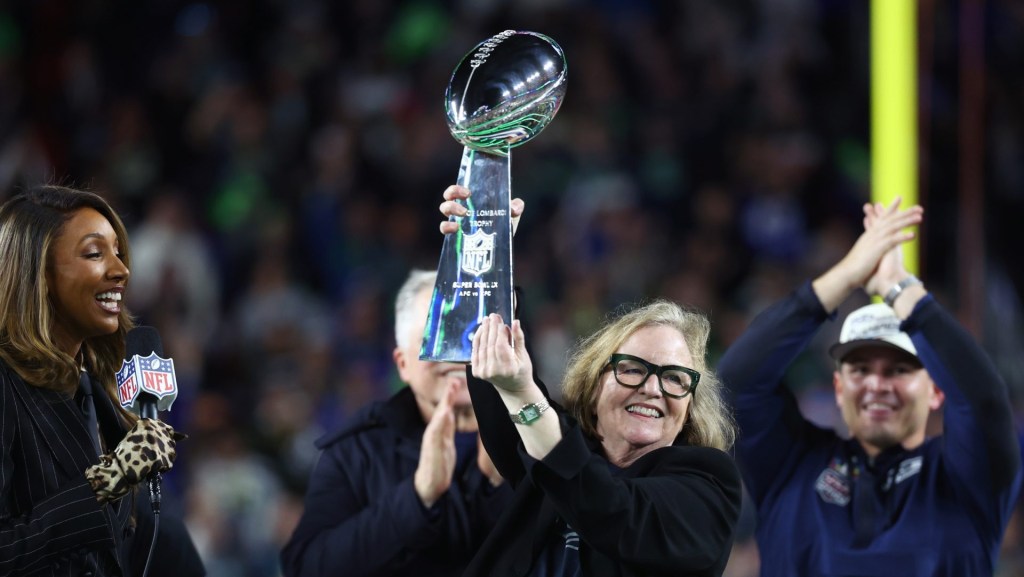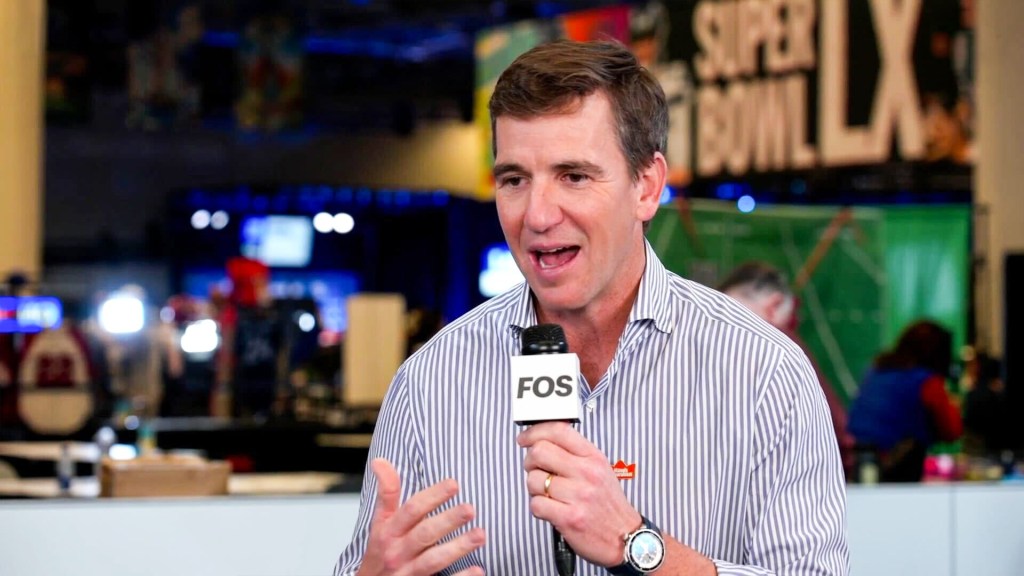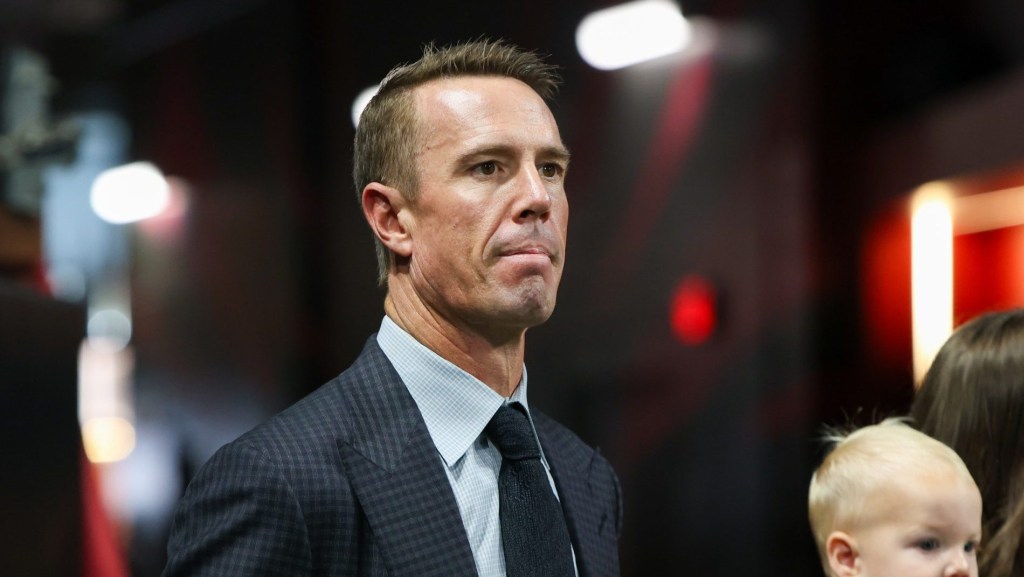The 49ers could be on the hook for $37 million—or more—to host six World Cup games at Levi’s Stadium next year.
The California budget most recently proposed in May by Gov. Gavin Newsom does not provide any funds for hosting the World Cup. Organizers had sought state funding to help foot the estimated $50 million bill to put on the matches. The final budget is due for approval on June 15.
“Given the pressure on the budget from Trump administration chaos, and the need to protect critical state programs, the Governor did not include direct state funding for World Cup 2026 operational support in the May Revise proposal,” Newsom spokesperson Robert Salladay said in a statement. “But the State of California has a long history of supporting safe and secure major sporting events through the Governor’s Office of Emergency Services and CalTrans, among other agencies, and expects to assist the Host Committee and local authorities with appropriate existing resources.”
The San Francisco Chronicle first reported the news. Organizers at World Cup sites across the country have also lobbied the federal government for help paying for security, asking for $625 million total.
The 49ers say they will “cover approved Santa Clara public safety costs for the games they’re hosting, if necessary,” team spokesperson Brian Brokaw told Front Office Sports. Santa Clara government officials have sought clearer assurances.
The Bay Area Host Committee—founded by the team in 2022—hosted this year’s NBA All-Star Game and will host next year’s Super Bowl, concerts, and now the World Cup. Financing has proved to be a headache after the 49ers successfully landed the World Cup games in 2022. “We look forward to a fantastic World Cup, and we are grateful to all public and private champions for their support for the Bay Area Host Committee’s efforts,” a spokesperson for the 49ers said in a statement.
FIFA has only committed about $13 million to use the stadium, and while local officials claim the Bay Area as a whole will generate hundreds of millions of dollars in economic impact, Santa Clara expects to lose money. Soccer’s governing body also controls all sponsorship, advertising, stadium naming rights, and ticketing revenue, the Chronicle reported, which makes for a steep uphill battle to generate more revenue. Much of the gap would have to be covered by private donors, corporate sponsors, and state and federal governments.
“We have been working in close collaboration with the Governor and Legislature as well government partners at every level, and we are confident in our ability to deliver a safe and successful FIFA World Cup in 2026,” the host committee said in a statement. “In addition to public support, we are securing significant private investment, and we are excited to help generate an estimated $500M+ in economic impact for the Bay Area.”
The BAHC as an entity already has several partnerships including with Kaiser Permanente, Boston Consulting Group, and EA Sports, but it’s unclear exactly how much each of those companies will contribute to the World Cup bill. On the lobbying front, getting soccer-specific public funding at the local, state, or federal level is all blocked or uncertain.
The city of Santa Clara has a law saying no taxpayer dollars can go to stadium events. The host committee has said the 49ers will reimburse the city for any costs it takes on for hosting World Cup matches, and the City Council approved a plan to do so in February—with BAHC getting FIFA’s $13 million. But that leaves more than $30 million in estimated costs that the team would have to cover.
The story of the 49ers and Santa Clara government is a long one, filled with the team financing five of the seven votes on City Council, publicly feuding with and trying to unseat Mayor Lisa Gillmor, and a former councilmember being convicted of perjury for sharing confidential city documents with the team. Gillmor and the other non-49ers-backed vote on City Council have said the February plan violated the local law in question, and called for more assurances that the city will not be left with the bill, saying that the team’s guarantee to handle only “approved costs” is vague.
At the state level, there’s still time for California legislators to lend a hand to the host committee before the June 15 budget deadline, but Newsom’s lack of support doesn’t bode well for the effort when the state is also facing down an estimated $12 million budget deficit. And, as the governor’s office said, “existing resources” should help bring down the $37 million number, although again it’s uncertain by how much. There are also some ways the committee has lobbied to get help outside of direct funding, like a bill currently moving through the statehouse that would allow cities to approve a cluster of bars and restaurants in a “hospitality zone” to stay open until 4 a.m. Newsom last year signed a bill allowing alcohol sales until 4 a.m. in the VIP suites of the Clippers’ new Intuit Dome.
Even as the host committee races to cover the costs, Santa Clara’s $50 million figure is far lower than what other cities are anticipating. The estimate in Toronto is $380 million for their six games, and that city is currently $40 million short.
